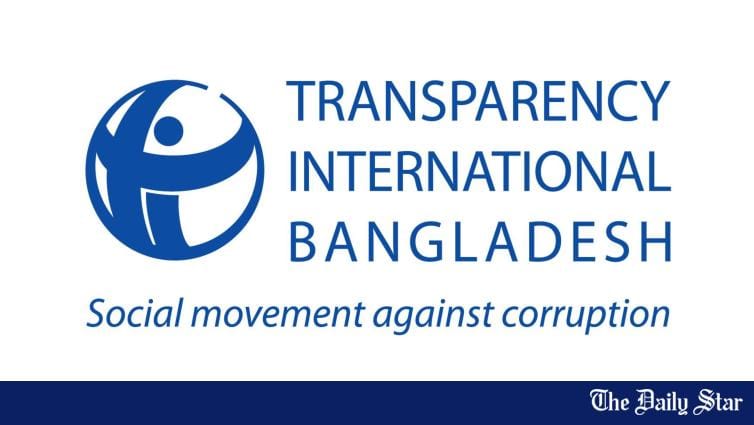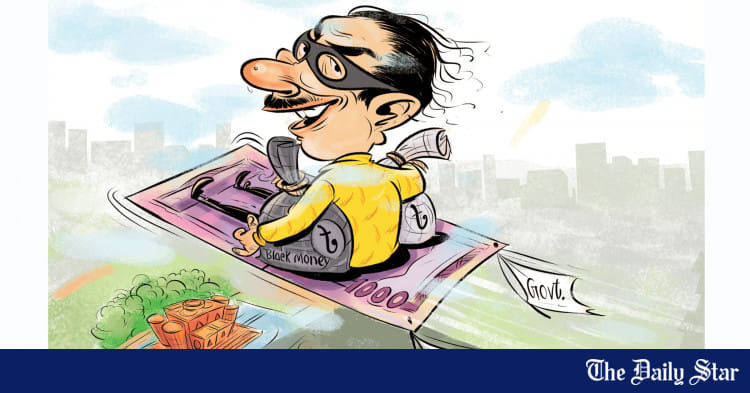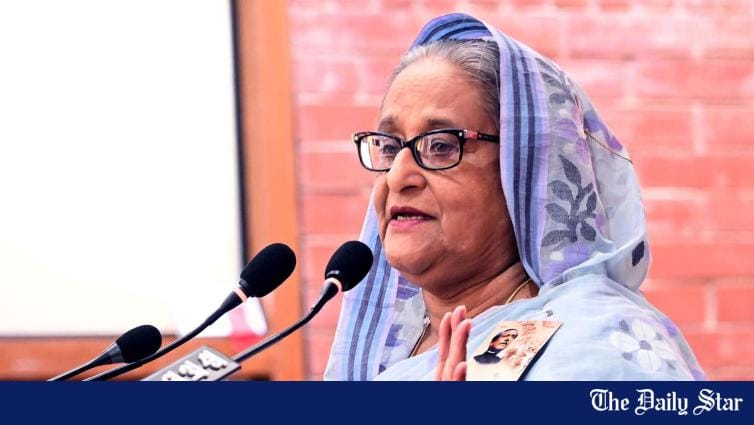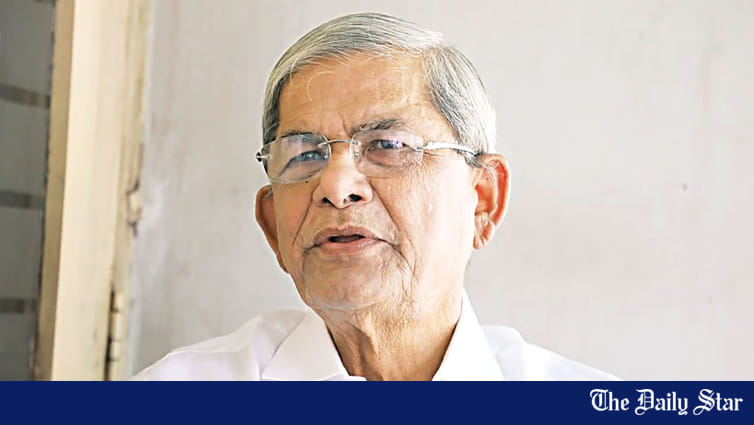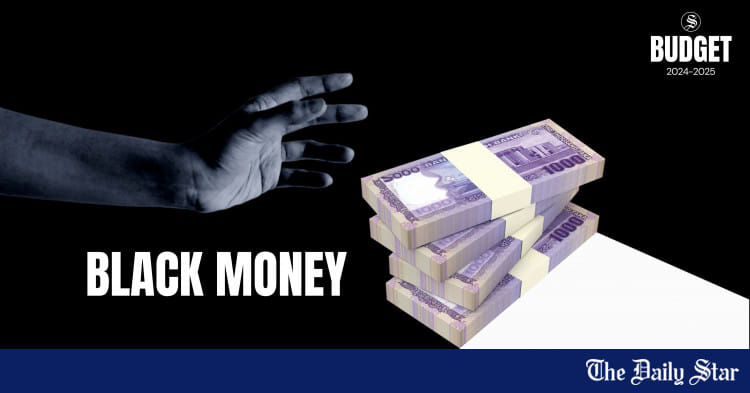Saif
Senior Member
- Joined
- Jan 24, 2024
- Messages
- 17,262
- Likes
- 8,334
- Nation

- Residence

- Axis Group


‘Indulging in Graft’: ACC to make list of those who aided Benazir
An Anti-Corruption Commission (ACC) investigation team is now making a list of police officials, land officials, politicians, and others who aided and abetted former inspector general of police, Benazir Ahmed, in committing corruption.
'Indulging in Graft': ACC to make list of those who aided Benazir
An Anti-Corruption Commission (ACC) investigation team is now making a list of police officials, land officials, politicians, and others who aided and abetted former inspector general of police, Benazir Ahmed, in committing corruption.
Once the list is made, the ACC will quiz the individuals.
The sub-registrars of Dhaka, Gopalganj, Madaripur, and Gazipur land offices are likely to be among them, as Benazir and his family own properties in those districts.
A high official at the ACC requesting anonymity told The Daily Star, "Benazir committed corruption with the assistance of many individuals, as it would not have been possible to indulge in corruption to such extent alone. Most of his aides are police personnel."
The official said, "Some police officers even co-own some of Benazir's properties, like the Bhawal Resort in Gazipur."
These individuals reaped benefits when Benazir was the Dhaka Metropolitan Police commissioner, director general of Rab, and the IGP.
The ACC investigation team found that Benazir bought many pieces of land at prices much lower than the market value.
A list of sub-registrars who helped Benazir is being prepared, sources said.
ACC Chairman Mohammad Moinuddin Abdullah told The Daily Star yesterday, "Our investigation team is completely independent.
To read the rest of the news, please click on the link above.
An Anti-Corruption Commission (ACC) investigation team is now making a list of police officials, land officials, politicians, and others who aided and abetted former inspector general of police, Benazir Ahmed, in committing corruption.
Once the list is made, the ACC will quiz the individuals.
The sub-registrars of Dhaka, Gopalganj, Madaripur, and Gazipur land offices are likely to be among them, as Benazir and his family own properties in those districts.
A high official at the ACC requesting anonymity told The Daily Star, "Benazir committed corruption with the assistance of many individuals, as it would not have been possible to indulge in corruption to such extent alone. Most of his aides are police personnel."
The official said, "Some police officers even co-own some of Benazir's properties, like the Bhawal Resort in Gazipur."
These individuals reaped benefits when Benazir was the Dhaka Metropolitan Police commissioner, director general of Rab, and the IGP.
The ACC investigation team found that Benazir bought many pieces of land at prices much lower than the market value.
A list of sub-registrars who helped Benazir is being prepared, sources said.
ACC Chairman Mohammad Moinuddin Abdullah told The Daily Star yesterday, "Our investigation team is completely independent.
To read the rest of the news, please click on the link above.


































